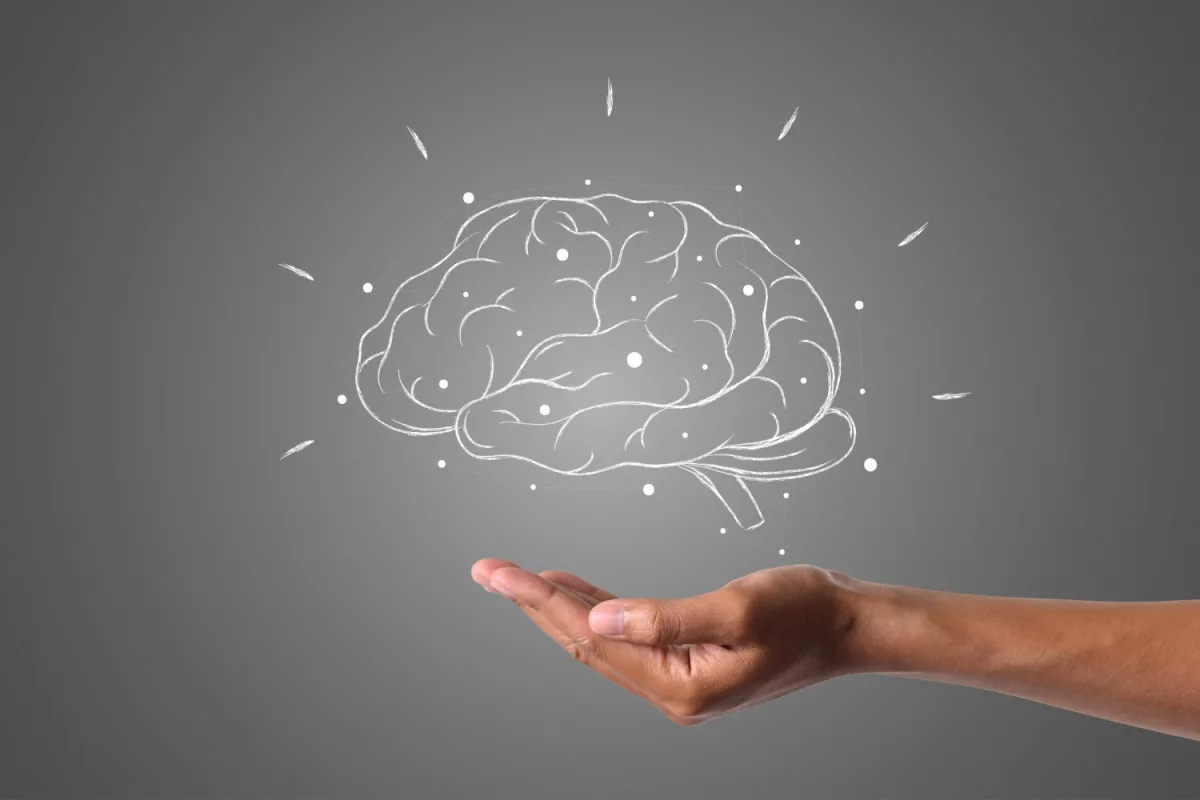Serotonin is one of the body’s crucial neurotransmitters and hormones, and has long been associated with regulating our moods – earning it the nickname ‘the happy hormone’.
In fact, serotonin is associated with our feelings of satisfaction and optimism. It also plays a key role in our sleep, digestion, fear, sexuality and stress levels.
What is serotonin?
Like dopamine, serotonin is a neurotransmitter – which means that it transmits critical messages from the brain to other parts of the body through chemical signals. Interestingly, about 90% of our body’s serotonin is found in the gut – which is then released into our bloodstream. About 10% of serotonin is produced by the brain.
Serotonin functions to regulate several of the body’s critical functions. Primary among them is our mood. When your serotonin is at normal levels, you feel satisfied, positive and happy. Lower levels of serotonin is associated with mood disorders and other mental health issues. Serotonin is also closely involved in our digestive functions – serotonin in our bodies’ intestinal tract cna speed up metabolism, and increase or decrease our hunger levels. Our brains also use serotonin to make melatonin – the hormone that regulates our sleep cycles. It also plays a role in our libidos.
Serotonin and depression – what’s the connection?
Low levels of serotonin in our body has been linked with a number of health issues like anxiety, OCD, mood disorders and sleep issues. Most prominently, low levels of serotonin have long been considered the primary reasons for clinical depression. In fact, modern antidepressants work by increasing serotonin levels in the body. While this theory has been well-established for the past 50 years, recent research conducted in 2022, has challenged this notion – where a comprehensive review found no clear evidence linking low serotonin levels to depression, bringing into question the effectiveness of common antidepressants. However, studies on this linkage are still ongoing, with more research coming in on the serotonin-depression link.
Serotonin has also been linked to the ‘brain fog’ experienced by patients with long COVID.
Boosting serotonin levels
Serotonin is made up of the amino acid tryptophan. Tryptophan is not something the body naturally produces, we usually get it from our diet. Exercise – like running or strength training – can also increase metabolism of tryptophan by our bodies. The ‘high’ we get when we do a particularly grueling workout is a result of our bodies producing both serotonin and endorphins, another ‘feel-good’ hormone.

Takeaway
Lifestyle can play an important role in managing serotonin levels. Eating a diet rich in tryptophan (protein-rich foods like chicken, egg, soy, milk, cheeses), and exercising regularly are ways to increase serotonin. Light therapy – or increasing exposure to the sun or bright lights- has also been known to increase serotonin levels, especially when it comes to treating seasonal affective disorder (SAD).
Stress-reduction techniques like meditation have also been proven to increase serotonin levels. The more you practice, the better the correlation between the two – studies have shown a significant increase in serotonin in long-term meditation practitioners.
Want to know more about how hormones play a part in making us feel good? Check out Part 1, 3 and 4 of our How to Feel Good series.

















Share this article